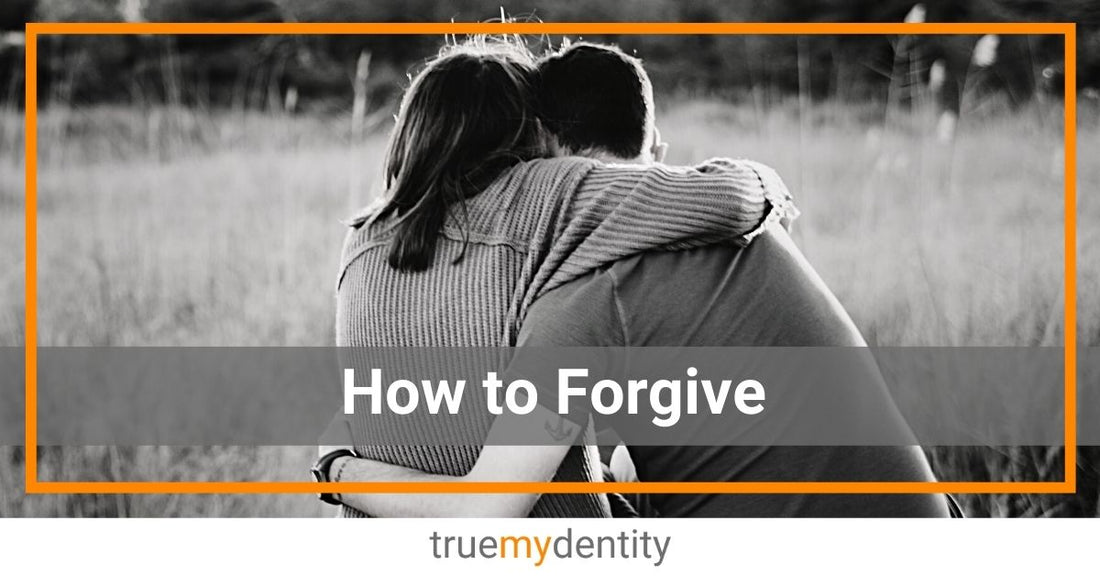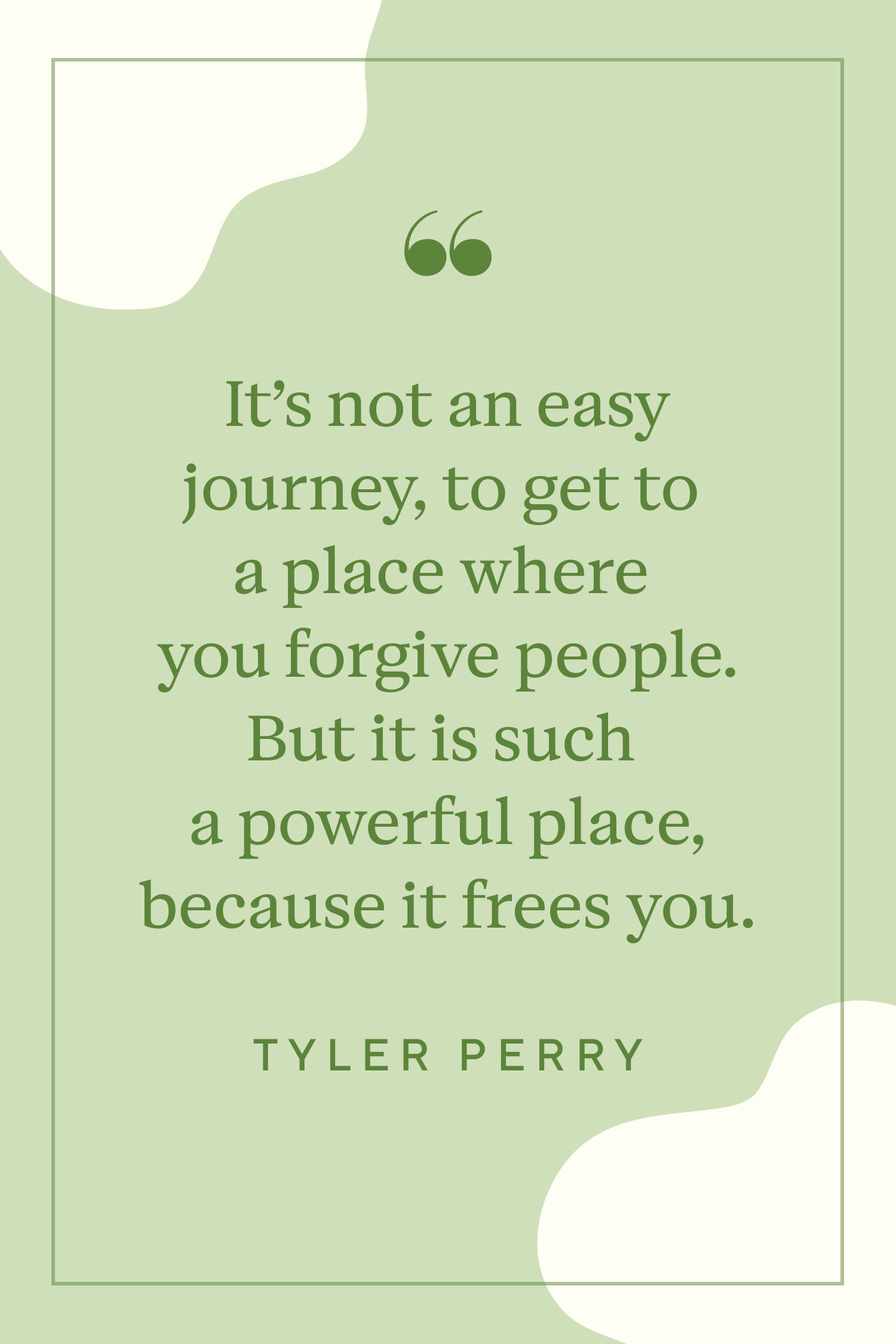Steps to Forgive: How to Heal Old Wounds and Restore Inner Peace
Steps to Forgive: How to Heal Old Wounds and Restore Inner Peace
Blog Article
Understanding the Relevance of Forgiveness in Recovery Relationships
Forgiveness is often deemed a basic act of releasing, yet its importance in healing connections extends much past simple absolution. It acts as a crucial device for emotional launch, allowing individuals to browse the complexities of discomfort and resentment. Comprehending the nuanced distinctions in between forgiveness and reconciliation can light up the course towards healthier interactions. As we explore the complex advantages of mercy, one should think about how these principles can change not only individual relationships but additionally the broader social fabric. What remains to be discovered is the profound effect mercy can carry specific growth and public consistency - The importance of forgiveness.
The Interpretation of Mercy
Although forgiveness is typically regarded as an easy act of allowing go, its interpretation incorporates an intricate interplay of mental and psychological procedures. At its core, mercy is the mindful decision to release feelings of resentment or vengeance toward a private or team that has actually created injury. This procedure is not simply concerning discharging the transgressor; instead, it entails an extensive emotional transformation that can bring about individual development and healing.
Forgiveness is multifaceted, typically defined by a person's inner battle to resolve their pain with the desire for peace. It needs identifying the misdoings dedicated, processing the associated emotions, and ultimately choosing to progress without the problem of bitterness. This option typically entails a cognitive change, where one reframes their understanding of the perpetrator and the transgression, permitting for compassion and understanding to arise.
Notably, mercy does not indicate excusing the behavior or neglecting the infraction; it is a calculated act that focuses on emotional health. By defining mercy in this way, we can appreciate its role in helping with much healthier relationships and cultivating psychological durability, establishing the stage for much deeper exploration into its benefits.
Psychological Advantages of Forgiveness
Mercy provides significant emotional advantages that can profoundly affect an individual's mental wellness and general health. When a person picks to forgive, they actively launch sensations of anger, anger, and bitterness, which can otherwise produce a hefty emotional problem. This release often causes a decrease in stress and stress and anxiety, advertising a sense of peace and psychological security.
Furthermore, forgiveness fosters an enhanced capability for compassion and concern. By understanding the point of view of the offender, individuals can cultivate a deeper emotional durability, which improves their capacity to deal with future difficulties. This process not just boosts emotional policy however likewise adds to a much more favorable outlook on life.
Additionally, forgiving others can enhance one's self-confidence and self-regard. It permits people to redeem their individual power, damaging devoid of the negative cycles of victimhood - The importance of forgiveness. This newfound empowerment can lead to healthier emotional responses and stronger interpersonal relationships
Forgiveness vs. Settlement
The difference in between mercy and settlement is critical in recognizing the characteristics of recovery connections. Mercy is an interior process in which a private selects to allow go of bitterness and unfavorable feelings in the direction of a person that has actually triggered harm. It is primarily an individual trip, concentrated on psychological release and self-healing, allowing one to move on without lugging the problem of past grievances.
On the other hand, reconciliation entails rebuilding and restoring the partnership to a state of trust fund and common respect. This procedure typically requires open communication, active engagement from both celebrations, and a dedication to attending to the underlying issues that caused the dispute. While forgiveness can take place separately, settlement necessitates the desire of both individuals to participate in dialogue and pursue a common understanding.
It is necessary to note that mercy does not constantly result in settlement. A person might forgive another without choosing to recover the relationship, particularly if trust has been irrevocably damaged or if the partnership is deemed undesirable. Understanding this difference enables people to navigate their feelings successfully and make notified decisions concerning their connections.
Actions to Grow Forgiveness
Cultivating mercy is a deliberate process that involves a number of vital steps aimed at assisting in psychological recovery. The very first step is acknowledging the pain brought on by the violation. Acknowledging one's feelings is necessary, as it permits people to refine their feelings truly.
Following, reviewing the incident and understanding its effect can give quality. This representation needs to consist of checking out the motivations behind the culprit's actions and recognizing that everyone is fallible.
The 3rd action involves making a conscious choice to forgive. This choice is critical, as it indicates a desire to allow go of animosity and move on.
Subsequently, expressing feelings in a constructive manner can be beneficial - The importance of forgiveness. Whether via journaling, chatting with a relied on good friend, or looking for therapy, articulation of feelings can help in the forgiveness trip
Real-Life Examples of Forgiveness

In an additional example, a close-knit group of good friends More Bonuses encountered a significant rift after one member unintentionally shared a personal trick. As opposed to nurturing animosity, the affected buddy chose to forgive, comprehending the value of valuing the relationship over the error. This decision encouraged open dialogue and ultimately strengthened their link.

Final Thought
In final thought, forgiveness plays a critical look at here now duty in the recovery of relationships by assisting in the launch of negative feelings and cultivating compassion. By distinguishing between forgiveness and settlement, people can engage in a constructive process that improves psychological health.

Report this page